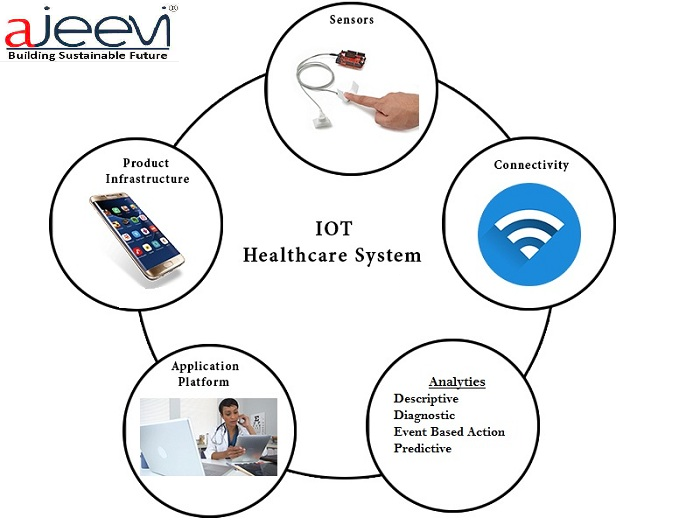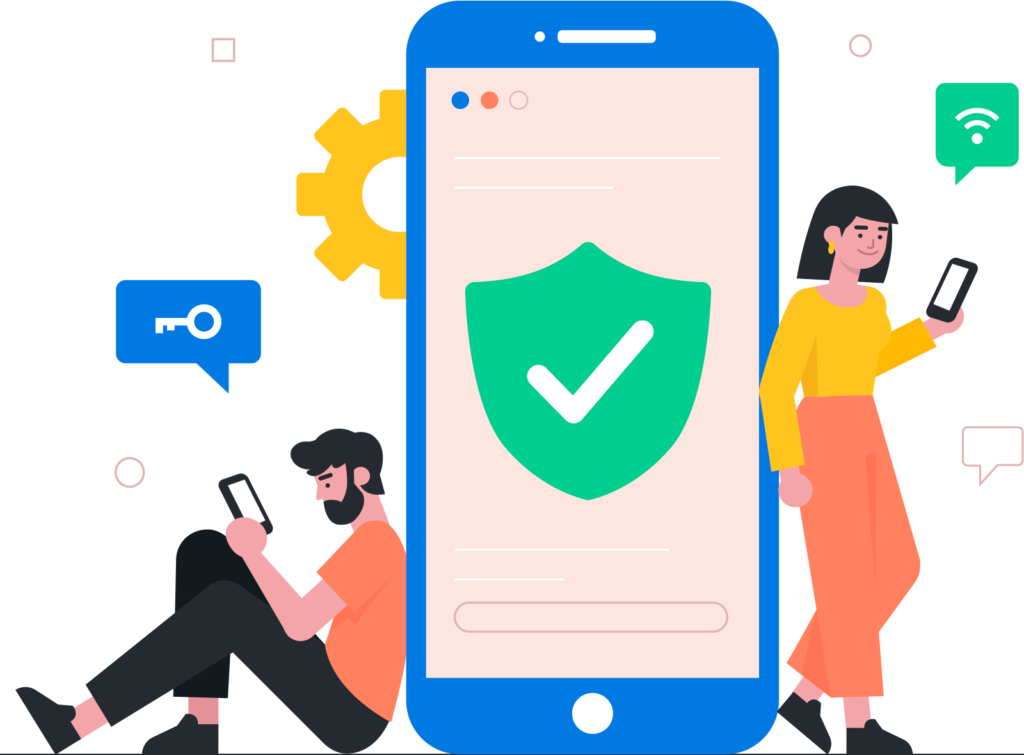Industries->Smart Healthcare



In the realm of healthcare, the integration of the Internet of Things (IoT) has ushered in a paradigm shift, propelling the industry toward a new era of efficiency, personalized care, and improved patient outcomes. The marriage of IoT technologies with healthcare systems has given rise to what is commonly referred to as “Smart Healthcare.” This transformative concept encompasses a myriad of interconnected devices and sensors that collect, transmit, and analyze real-time data, creating a seamless ecosystem that empowers healthcare professionals, enhances patient care, and optimizes operational processes.
At its core, Smart Healthcare leverages the capabilities of IoT to create an interconnected network of medical devices, wearables, and monitoring systems. From smart wearable devices that track vital signs to IoT-enabled medical equipment and healthcare facilities, this integration fosters an environment where data-driven insights drive decision-making.
In conclusion, the integration of the Internet of Things (IoT) into healthcare represents a groundbreaking paradigm shift that holds immense promise for the industry’s future. The diverse applications of IoT, ranging from remote patient monitoring and connected medical devices to smart wearables and telehealth solutions, collectively contribute to a more patient-centric, efficient, and data-driven healthcare ecosystem. By harnessing the power of real-time data, healthcare providers can make informed decisions, enhance preventive care, and tailor treatment plans to individual patient needs. As IoT continues to evolve, its role in healthcare not only improves the quality of patient care but also addresses challenges related to remote monitoring, chronic disease management, and healthcare accessibility. The journey towards smart healthcare underscores a commitment to innovation, personalized medicine, and the holistic well-being of individuals, laying the foundation for a more connected and responsive healthcare landscape.


Android Handheld UHF Reader
Automatic Boom Barrier
Automatic Number Plate Reader Camera
Bin Level Sensor
Bio Metrics Machine
Bullet Camera Live
Chlorine Sensor
Data Transmission Unit
Emergency Call Box
Environment Sensor
Face Recognition
Flood Sensor
Fuel Sensor
Galvanized Iron Pole
Gi-Pole
GPS
GPS-AIS140
Handheld HF Reader
Handheld UHF Reader
PTZ Camera
Public Address Speaker
Public Address System
Hydraulic Boom Barrier
IP Bullet Camera
IRIS
Magnetic Sensor
Network Rack
Network Video Recorder
Panic Button
Parking Entry Exit UHF Reader Vehicle Mounted UHF Reader
Passenger information systems
Ph Sensor
Refrigerator Sensor
RFID Tag – HF
RFID Tag – UHF
RFID Tag Metal – UHF
Smart Kiosk
Smart Pole
Soil Sensor
Drainage Sensor
Temperature Sensor
Turbidity Sensor
Ultrasonic Flow Meter Variable Sign Board Weigh Bridge Entry Exit Reader
Ajeevi Offer “Enterprise IoT Solutions” with in-house R&D, Capability of manufacturing IOT devices.
505, Tower A-1, Corporate Park
Noida 201301, Uttar Pradesh India
presales@ajeevi.com
+91-9654323500